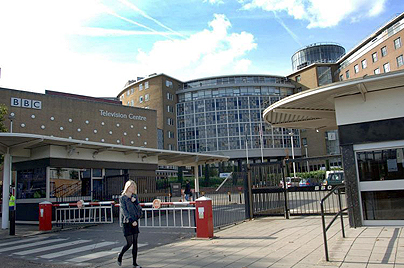I achieved one of my ambitions the other day when I went for a meeting at the BBC Television Centre on Wood Lane, the one with the massive windows and a back garden full of gigantic satellite dishes. It was surreal entering this iconic building that had existed previously as a recurring image on the news and reminded me of how excited my son used to get when I took him to a Forest away match and he discovered a new ground for the first time. It is the only time I’ve ever regretted having a crap £5 phone as it meant I was unable to take a photo, upload it on to Flickr and preserve the experience in the digital void. I should get a better phone as mine is so rubbish it only has the capacity to save ten texts at a time. But having a rubbish phone means that when I’m on a train I get to read and think. However, this project is demanding so much of my time I may not be able to fend off the temptation much longer. I just don’t want to become one of those people with heads perpetually facing downwards, flicking their fingers across their touch screens like they’re dismissing everything. This project isn’t going to make me become one of those, is it?
The BBC are supporting the Space project by offering up lots of training sessions and workshops in things such as using a self-op camera, general desktop editing skills, rights and intellectual property. I was here for a session on archiving. I was late as someone threw themselves in front of a train at White City, and so missed the opening talk by Tony Ageh, Controller in Archive Development. But I was in time to discover that it is an incredibly complex process. The how-to-find-it demo seemed simple enough, requiring a keyword search which then lists relevant clips, meaning you don’t have to watch a whole programme to find what you’re looking for. As with any form of cataloguing though, it’s only as good as the person determining what subjects/words require logging.
Only very recent broadcasts come with visual previews. This means after finding possible material based on keyword searches, I’ve then got to make a request, wait for it to be burned to CD, then go and view it at the BBC, only to possibly discover it might not be of any use. The BBC archives cannot be accessed remotely but fortunately they can be viewed at the local station in Nottingham. When I put in for this bid I drastically under-estimated how time-consuming this process would be, and that’s before you’ve even broached the murky waters of copyright. Fortunately, I can’t think of a better way to spend my Saturday nights and Sunday mornings.


